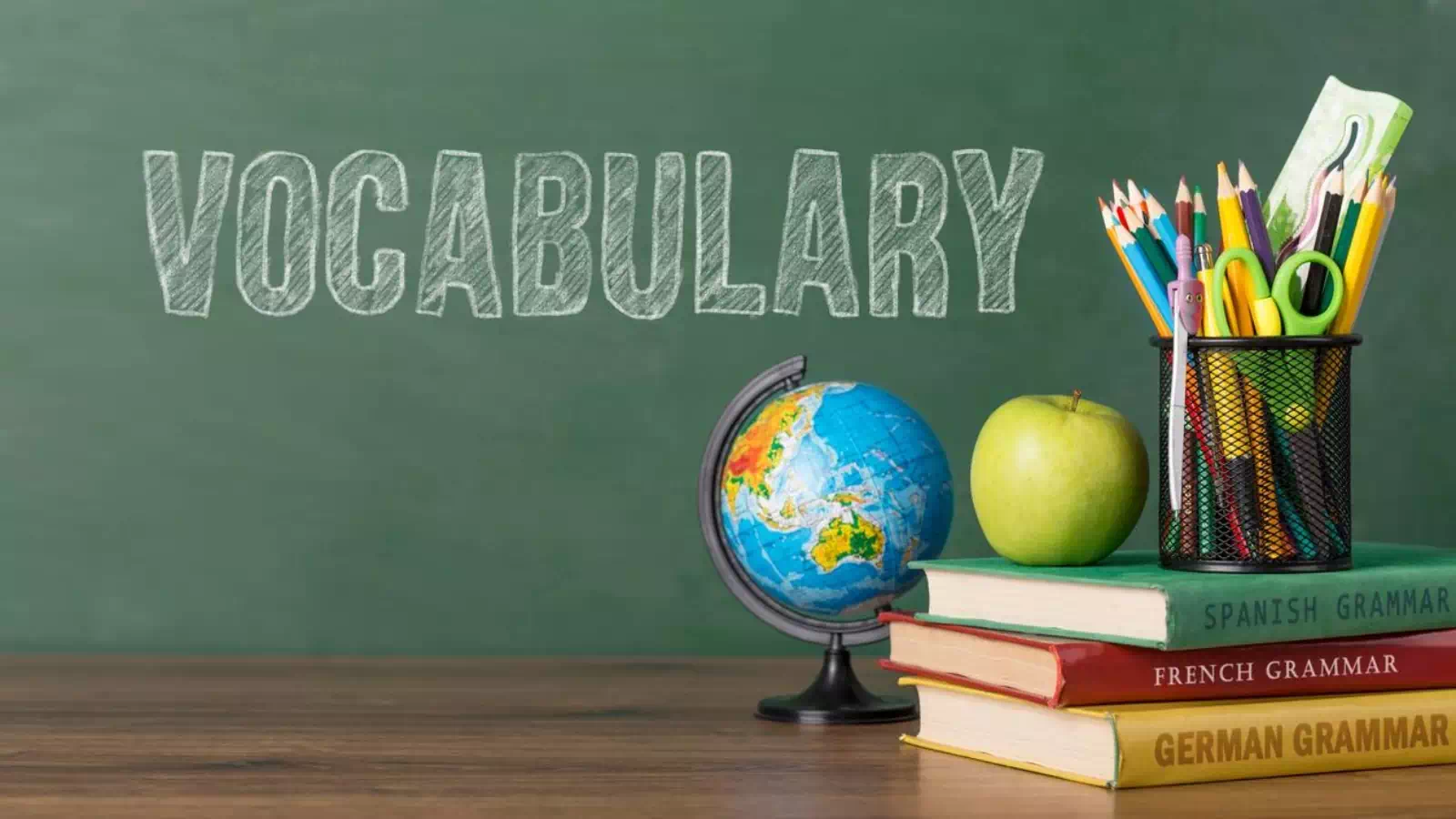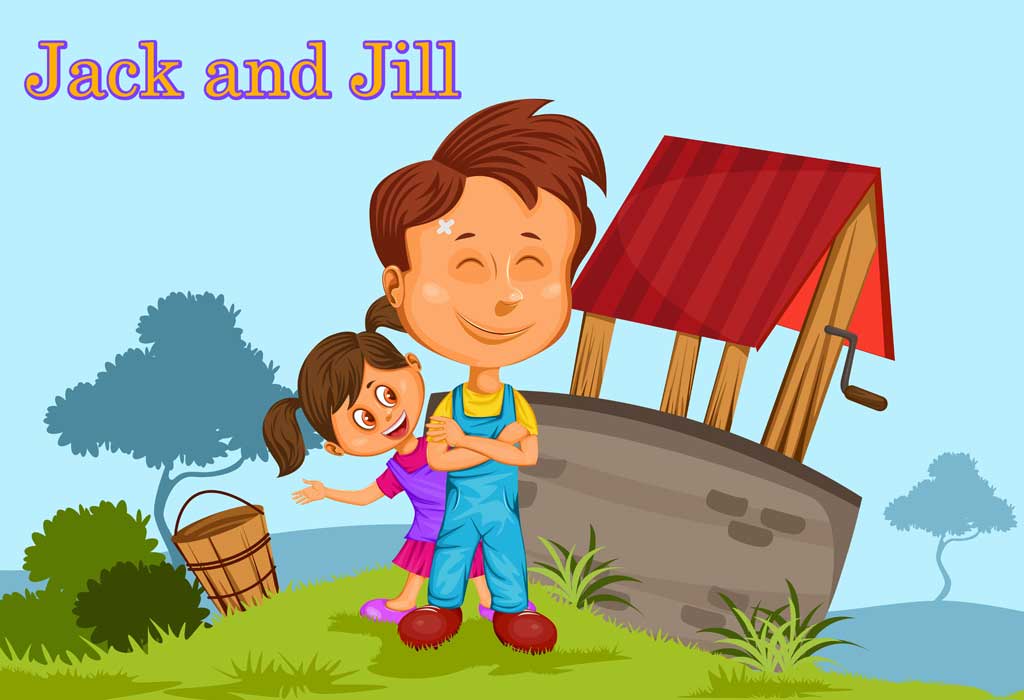Are you an English-language lover? Or are you trying to explore the entertaining world of rhymes to teach your kids? Either way, no one can deny the charm of rhyming words in storytelling, sentences, and poems.
Do you know how important rhyming words are? Let us explain! Rhymes play a fun role in curating jingling sentences. They add beauty to a sentence and make it sound melodious.
No wonder children love using these rhymes while learning sentence formation. But their use stretches far and wide beyond nursery poems and children’s storybooks.
Today, join us as we learn more about what these melodious syllables can offer. Let us begin!
Rhyming Words: History and Definition
Along with humans, words and languages have witnessed evolution over centuries. Our rich global history has several theories on regional variations of one single word. Meanwhile, rhymes entered the stage through creative means.
Travelers and gypsies used it as a tool to spread folklore and tell their adventurous stories. However, the term ‘rhyme’ came much later. The roots of its origin lie in Archaic English as rime.
But how do we define rhyming words?
Words with similar melodious endings are rhyming words. Let us use a simple sentence to understand it better.
Mat is my pet cat. She looks beautiful while wearing a red hat. In this sentence, words like mat, cat, and that have the same ending sound, ‘at.’ This ending syllable adds a melody to the sentence and makes it fun to say out loud.
This matching melody of words is called rhyming. But why are these rhymes a hot favorite in the English language?
Well, there are countless benefits to using rhyming words. Let’s dig deep to uncover its charm.
The Multiple Benefits of Using Rhyming in a Sentence
Most readers and English speakers believe that rhymes are for children only. Well, that is so not true.
Several old English poets wrote poems in their unique styles and techniques. For example, William Shakespeare wrote sonnets. There are fourteen-line poems with melodious words.
Here are some of the benefits that our infamous poets saw in English rhymes.
1. Make Learning Easy and Creative
Young learners often have a hard time studying due to traditional ways of learning. Rhyming words add much-needed creativity and fun to boring sentences.
Introduce your kid to a nursery rhyme book and watch them enjoy learning English like never before.
2. Helps Memorize Easily
Rhyming words are your best friends who have a hard time memorizing English. Elders can start with rhyming poems or reading stories.
Meanwhile, rhyming word activities will help children have a smooth start with the English language.
3. Improves Vocabulary
Are you looking for ways to improve your vocabulary? Well, rhyming words can help you attain that goal.
The rhymes’ melody and soothing ending syllables make a reader fall in love with reading. Automatically, one’s vocabulary improves with time.
4. Improves One’s Writing and Conversational Ability
Aspiring public speakers, podcasters, singers, and show hosts often indulge in reading rhyming books.
Proper placement of rhyming words enhances one’s writing and conversational skills.
Five Fun Ways to Use Rhyming in a Sentence
Now, it is time to learn to use rhymes in sentences. As we mentioned previously, rhymes are not limited to children’s storybooks.
It is now time to check out how else we can use these fun-tastic syllables.
1. Rhymes in Storytelling
Storytelling is an art! When rhymes are placed appropriately in a sentence, they elevate the art. This is especially helpful while introducing children to books and the habit of reading.
New parents across the globe love rhyming storybooks. Their vibrant images and playful, melodious words in sentence formation make them children’s hot favorites.
Chika Chika Boom Boom, The Gruffalo, Madeline, and Good Night Moon are famous rhyming storybooks.
2. Adding Musical Touch
We all love music. The melodious sound of rhyming sentences has a huge contribution to songwriting. Think of any favorite song and slowly hum the lyrics in your mind.
Observe how many rhyming words you can find in one lyrical paragraph. This simple activity can help us understand the magic and allure of rhymes beyond nursery rhymes.
Therefore, it is safe to say that rhymes uplift our mood daily through different songs!
3. Writing Poetry and Scripts
Do you love writing and aspire to become a script or poetry writer someday? If so, rhymes will help you elevate your work in every possible way. Writers love using simple, playful, and common rhyming words to connect with their audience.
The more we read about rhymes, the easier it is to incorporate them into our speech. Our words are powerful. What we say, how we say it, our ability to construct a sentence and the use of appropriate syllables define our presentation ability.
Therefore, rhyming sentences help writers express themselves to the fullest.
4. Rhyming for Advertising
Almost all brands use rhyming as a powerful tool to sell their products and services. Rhymes play a creative role in sentence construction for copywriters.
We often witness the fun of repeating quirk slogans, radio advertisements, and billboard snippets.
We can also find some cool and creative brands that use rhymes in their names. Paypal, TikTok, Lululemon, and Shake ‘n Bake.
5. Incorporating Humor
Stand-up comedians often use rhymes in their sentences to entertain their audience. If you love comic books and comedy shows, you will know how rhymes work their magic.
Comic artists use their creative wordplay, storytelling, and presentation skills to deliver jokes. Their rich stock of rhyming words assists them in the process.
Next time, while watching a comedy show, observe the use of rhymes in punch lines, puns, and jokes.
Conclusion
Overall, rhymes are a versatile tool of the English language. Humans have used rhyming words for centuries to tell folklore, tell stories, and sing songs. No wonder we continue to witness the beauty that rhymes add to our languages.
Rhymes are everywhere if you make an effort to look closely. Starting from billboard advertising and social media campaigns to sports commentaries, stand-up comedies, and much more.
How will you love incorporating more rhymes into your sentences? Comment and share your ideas with us!










